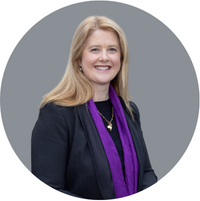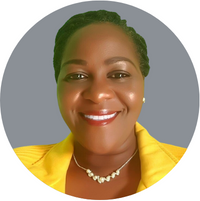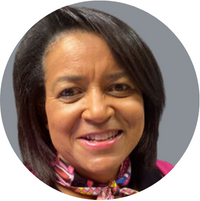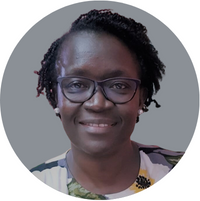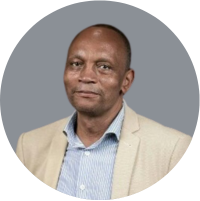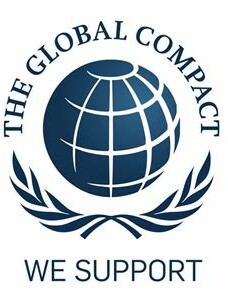About
The Elevating the Voices of Women in Agriculture (EVWA) Campaign aims to raise awareness of the lived realities of women farmers in Africa. With the EVWA Changemakers Campaign and the EVWA Council, the BKMC is on a mission to highlight and galvanize action for the empowerment of women farmers in Africa. Women account for nearly half of the world’s smallholder farmers. In Africa, they produce 70% of the continent’s food. Yet, they are the most vulnerable members of the farming community, facing obstacles in accessing land, finances, education, and more, because of gender inequalities and our changing climate.
Just Published!
Read the EVWA Council’s first Policy Paper “Enhancing Access to Land For Women Smallholder Farmers” here. Stay tuned for our upcoming Policy Papers to be published soon!
Framework
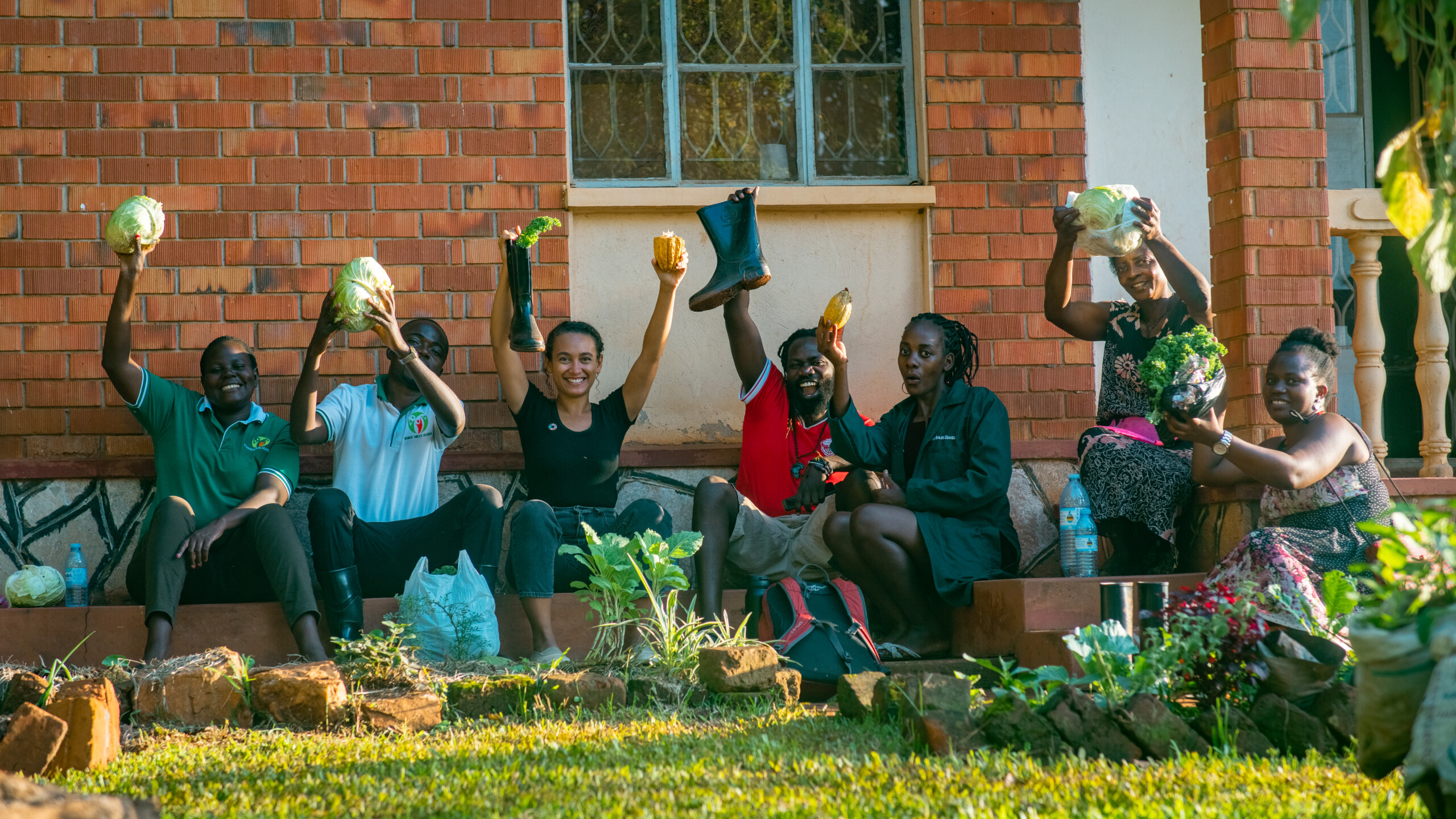
EVWA Changemakers Campaign
EVWA Changemakers is an annual campaign, which recognizes and gives a platform to exceptional Africans below the age of 30, who lead projects that contribute to the empowerment of women farmers.
Through a call for nomination, inspiring young leaders in the field of women farmers’ empowerment will be selected as EVWA Changemakers and spotlighted on the EVWA webpage. Meet our EVWA Changemakers 2023!
Meet our EVWA Changemakers 2023
The EVWA Changemakers Campaign highlights exceptional projects led by young African leaders under the age of 30 years, who are creating an impact to empower women farmers in Africa. Join our efforts to advocate for the achievement of SDG 2 Zero Hunger, SDG 5 Gender Equality, and SDG 13 Climate Action. Meet our EVWA Changemakers 2023!
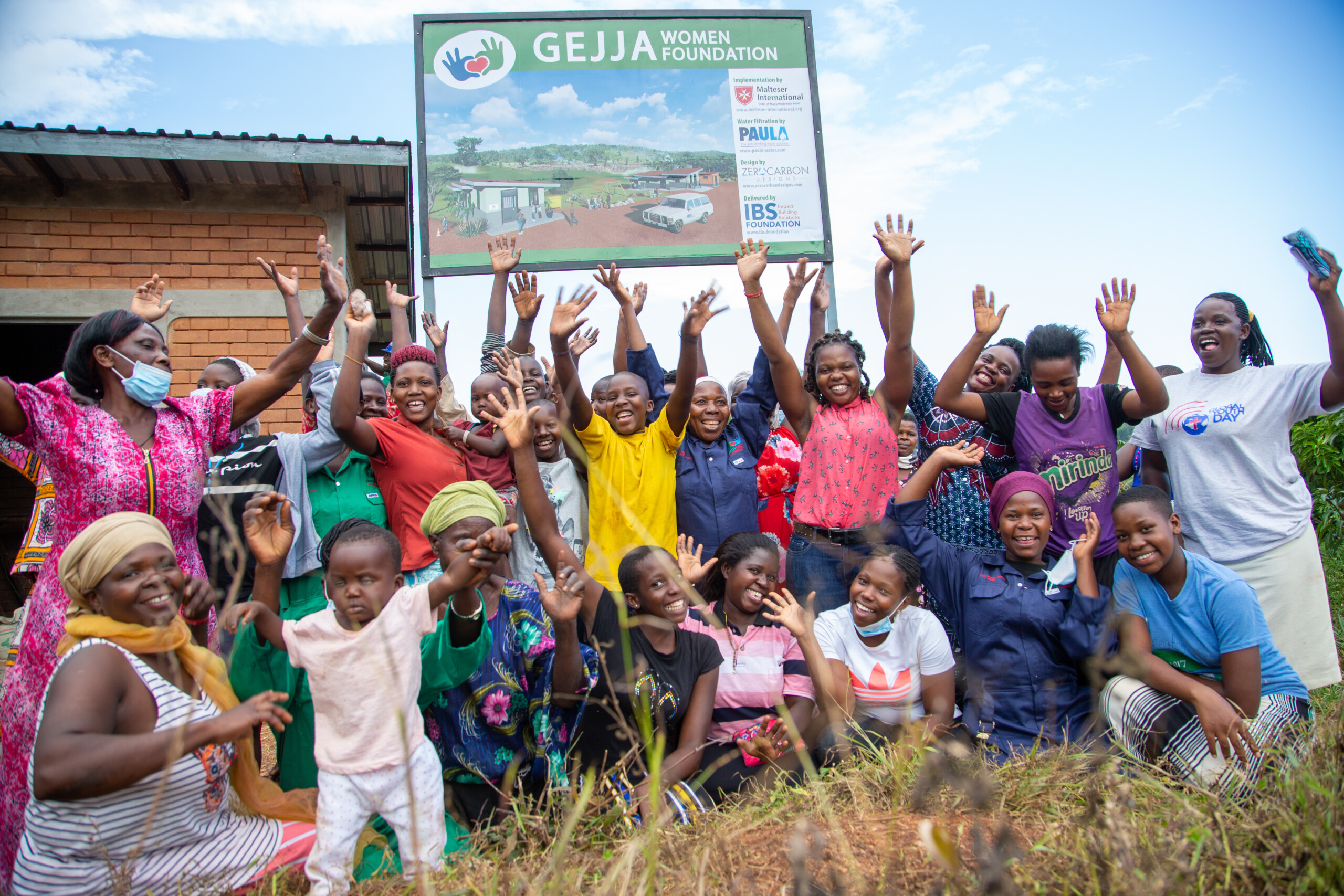
EVWA Champion
The EVWA Changemaker, leading the most innovative and inspiring project is announced and recognized as the EVWA Champion. With the title of EVWA Champion comes a 5.000 USD seed-funding award to scale the impact of this project. The EVWA Champion will also receive the unique opportunity to be part of an exciting multimedia documentary production and social media campaign. We will publish this documentary through our channels as well as at key events such as COPs and more to spotlight the EVWA Champion as a best practice example.
EVWA Champion 2023 – Njieforti Princewill Gana
The EVWA Champion of 2023 is Njieforti, Founder and CEO of SustainAfric. He empowers widowed women farmers in Tiko, Subdivision in Cameroon with training on climate-smart agricultural practices, specifically snail farming. We wish him the best of luck with the next steps of their initiative.
EVWA Champion 2022 – Lilian Nakigozi
The EVWA Champion of 2022 is Lilian Nakigozi, Founder and CEO of Women Smiles Uganda. She was chosen out of hundreds of nominations recognized for their inspiring initiative, empowering women farmers on the African continent. We wish her the best of luck with the next steps of her inititiave.
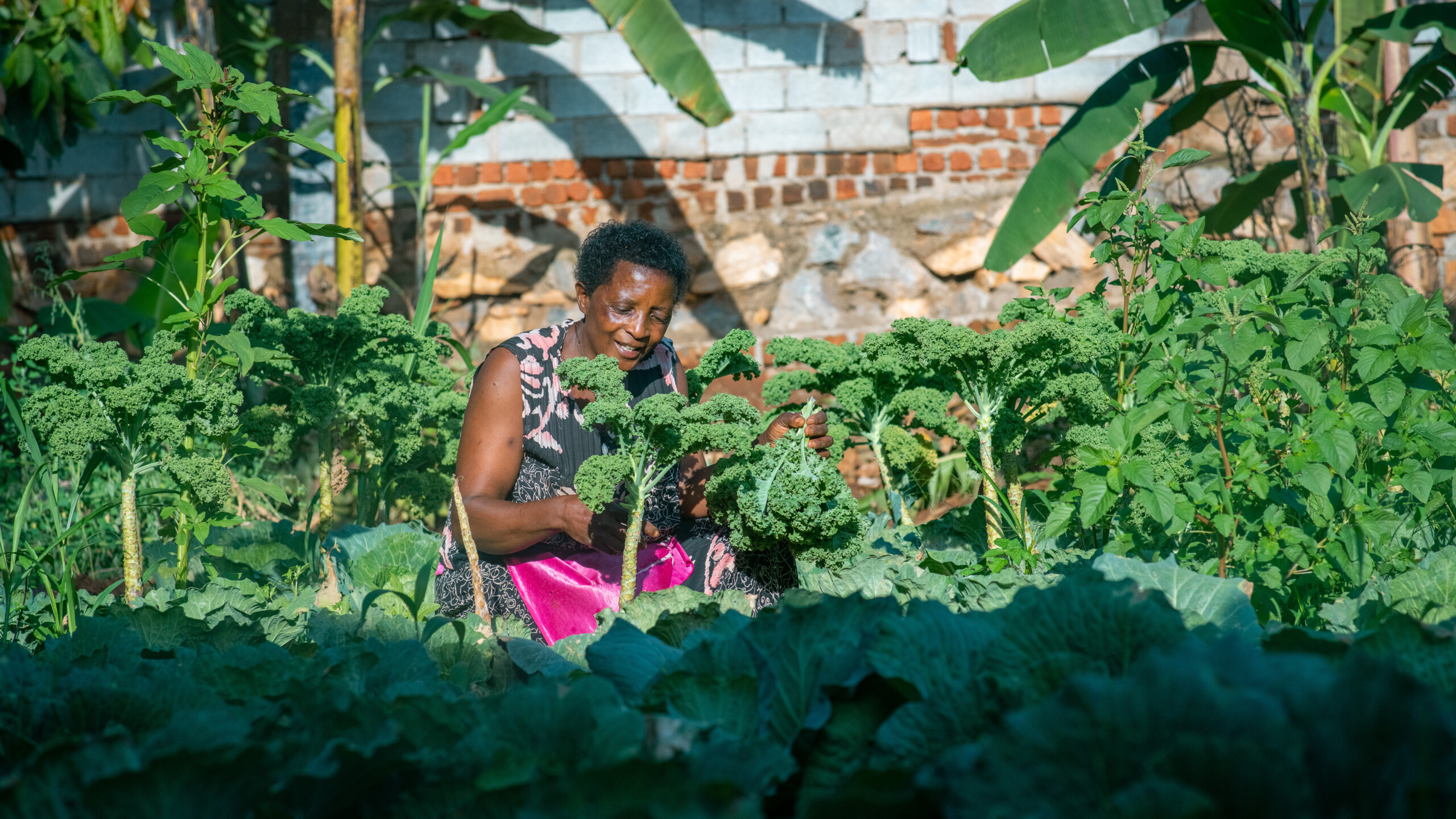
EVWA Council
The EVWA Council fosters dialogue between women farmers from Africa, young changemakers and institutional players in the fields of gender, agriculture and climate change.
Composed of 11 experts from academia, international organizations, NGOs, and governmental representatives, the EVWA Council will work with women smallholder farmers and young changemakers to include their perspectives in policy recommendations to tackle the main challenges women smallholder farmers face. Meet our EVWA Council Members below!
Meet our EVWA Council Members
Our partners

Royal DSM is a global, purpose-led leader in health and nutrition, applying bioscience to improve the health of people, animals, and the planet. DSM’s purpose is to create brighter lives for all which we achieve through developing products and solutions that address some of the world’s biggest challenges while simultaneously creating economic, environmental and societal value.
EVWA Changemakers
Anna Ngwenyi Mafor
Anna Yeboah Boateng
Asma Jalloh
Angella Marjorie Atuhurra
Baliqees Salaudeen
Dorah Momanyi
Dorcas Lukwesa
Ebrima Jarra
Eneyi Oshi
Dorcas Moraa Nyamanya
Etimbuk Imuk
Fatima Kabir Umar
Greg Ikwe
Jiata Ekele
Joe Mapiki
Lilian Nakigozi
Linda Coffie
Marius Affonfere
Mathias Charles Yabe
Melvin Muna
Mosa Dolly Balesamang
Priscah Obutu Mongera
Priscillia Okpali
Sakina Usengimana
Segun Adegoke
Oluwafunmilayo Oyegoke
Ormiel Maganga
Oluwatomilola Mustapha
Phenny Omondi
Suzan Machera
Tusayiwe Sikwese

 Angellah Chitanje is a passionate farmer and the founder of Chipatso Farms Initiatives. The initiative links farmers to potential buyers and financial institutions to enable them to access loans.
Angellah Chitanje is a passionate farmer and the founder of Chipatso Farms Initiatives. The initiative links farmers to potential buyers and financial institutions to enable them to access loans.




 Elizabeth Mvula is the Founder of Chikondano Micro Credit Women Empowerment Initiative operating in the Chibombo district of the Central province of Zambia with a focus on empowering rural women financially.
Elizabeth Mvula is the Founder of Chikondano Micro Credit Women Empowerment Initiative operating in the Chibombo district of the Central province of Zambia with a focus on empowering rural women financially.

 Germaine Akeza Nkunzurwanda is the founder of Agro-Solution Project. She’s passionate about agribusiness, specifically in the provision of extension and advisory services along with promoting conservation agriculture practices.
Germaine Akeza Nkunzurwanda is the founder of Agro-Solution Project. She’s passionate about agribusiness, specifically in the provision of extension and advisory services along with promoting conservation agriculture practices.


 Joshua is the Director of Tech-based Vegetable Production. He is an enthusiastic agricultural, environmental, and engineering graduate. With hands-on practical experience and an understanding of process safety management, he contributes to aiding the organization in achieving its goals while ensuring maximum compliance with environmental guidelines.
Joshua is the Director of Tech-based Vegetable Production. He is an enthusiastic agricultural, environmental, and engineering graduate. With hands-on practical experience and an understanding of process safety management, he contributes to aiding the organization in achieving its goals while ensuring maximum compliance with environmental guidelines.


 Jovia Kisakye is a 20-year-old social entrepreneur and Founder of Sparkle Agro-brands. The project is a biochemical and agricultural startup transforming wasted food and dairy products into sustainable goods.
Jovia Kisakye is a 20-year-old social entrepreneur and Founder of Sparkle Agro-brands. The project is a biochemical and agricultural startup transforming wasted food and dairy products into sustainable goods.
 Voices of Women in Agriculture
Voices of Women in Agriculture
 Kingsley Kalu is a passionate health and environment enthusiast empowering smallholder farmers in Nigeria. Focusing on crop diversity, water management, and agroforestry, they advocate for clean, green, and resilient agricultural solutions and aim to address gender inequalities women farmers face.
Kingsley Kalu is a passionate health and environment enthusiast empowering smallholder farmers in Nigeria. Focusing on crop diversity, water management, and agroforestry, they advocate for clean, green, and resilient agricultural solutions and aim to address gender inequalities women farmers face.






 Mireille Kazungu is a young passionate entrepreneur. She is driven to transform the agricultural sector and unlock women’s leadership potential. She is a Co-Founder of Speke Farms, a company dedicated to effectively connecting farmers with markets.
Mireille Kazungu is a young passionate entrepreneur. She is driven to transform the agricultural sector and unlock women’s leadership potential. She is a Co-Founder of Speke Farms, a company dedicated to effectively connecting farmers with markets.




 Njieforti Princewill Gana is an award-winning sustainable agriculturalist, development professional, agricultural consultant, trainer, and public speaker. He has eight years of experience and is leading the executive team of Sustain Afric.
Njieforti Princewill Gana is an award-winning sustainable agriculturalist, development professional, agricultural consultant, trainer, and public speaker. He has eight years of experience and is leading the executive team of Sustain Afric. Agriculture
Agriculture 







 getables in Awowo community. Her passion for agriculture is fuelled by compassion for food-deprived people. She was an active participant of the training and started reusing food waste as rabbit food. This solved the issue of food waste on her farm and provided her with an additional source of income.
getables in Awowo community. Her passion for agriculture is fuelled by compassion for food-deprived people. She was an active participant of the training and started reusing food waste as rabbit food. This solved the issue of food waste on her farm and provided her with an additional source of income.










 Empowering Women Farmers is a flagship project by Dunia Bora. It aims to empower women farmers in Kenya to combat the challenges of climate change and enhance their livelihoods. Through innovative training and education, the project focuses on transforming the perception of cactus from an invasive species to a valuable resource. The project also purchases cactus pads from the farmers and processes them into nutritious food products and eco-friendly leather, providing an additional income stream for the women. All this helps mitigate the effects of climate change, enhance food security, and achieve economic empowerment.
Empowering Women Farmers is a flagship project by Dunia Bora. It aims to empower women farmers in Kenya to combat the challenges of climate change and enhance their livelihoods. Through innovative training and education, the project focuses on transforming the perception of cactus from an invasive species to a valuable resource. The project also purchases cactus pads from the farmers and processes them into nutritious food products and eco-friendly leather, providing an additional income stream for the women. All this helps mitigate the effects of climate change, enhance food security, and achieve economic empowerment.


